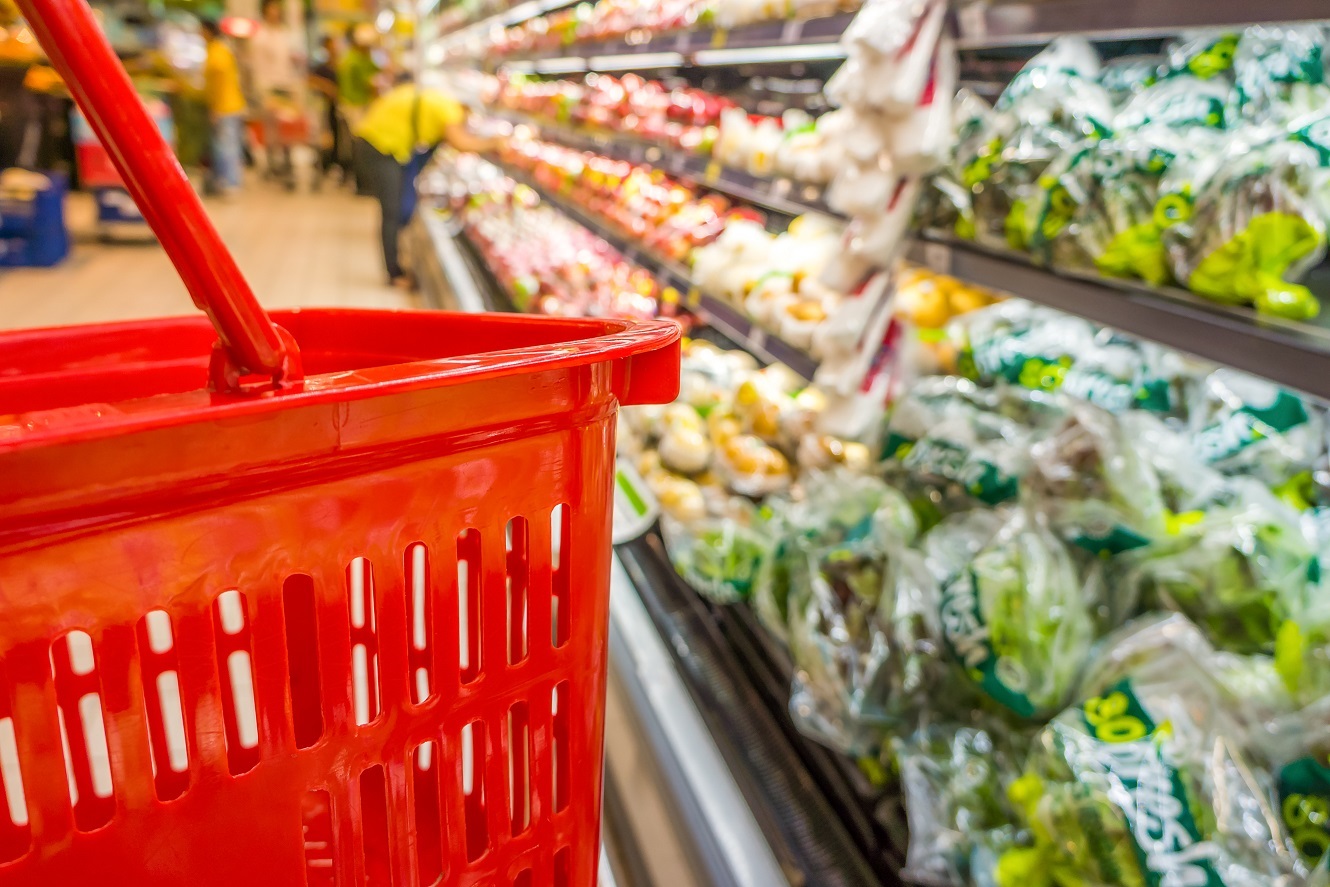Improving the Quality and safety of food with smart packaging

The role of packaging cannot be denied in the life cycle of any food product. Intelligent packaging is an emerging technology in the food packaging sector. Although it still needs its full emergence in the market, its importance has been proved for the maintenance of food quality and safety. The present review describes several aspects of intelligent packaging.
Technologies used in Food Packaging
Technology has created new opportunities when it comes to efficient, safe packaging that can aid in the process of getting food products from farm to fork, preserving such items and significantly reducing waste.
Intelligent packaging’s primary purpose is to monitor the status of the product by measuring and interpreting both internal and external factors. This information is then related to an external interface, allowing changes to be made to the supply chain if necessary. Intelligent packaging uses a variety of technologies, such as ripening indicators, gas detectors and radio frequency identification devices.
Active Packaging
Active packaging, on the other hand, is technology that can respond to the environment and the information relayed by intelligent packaging. Such packaging is used to actively adapt to changing conditions, thereby maintaining the quality of food products and ensuring that they stay fresh throughout the various stages of the supply chain.
Intelligent Packaging
Loss of food during the processes between production and consumer is a tremendous problem that leads to excessive waste. A disturbingly high percentage of the world’s food supply is lost each year, in part due to packaging-related issues. With the information generated by intelligent packaging, more insight can be gained into where the most waste is generated, what contributes to said waste and what steps can be taken to address the problems. This information is invaluable when it comes to developing the next generation of food packaging and rethinking the supply chain to be more efficient. Intelligent packaging also helps pinpoint opportunities for active packaging to make a tangible difference in the supply chain. For example, more advanced temperature-controlled environments can be implemented to not only help preserve perishable foods but also work toward sustainability by using the latest energy-efficient technologies. Other packaging technologies, such as designs that incorporate new, more effective materials, are also being used to ensure food waste is reduced worldwide.
